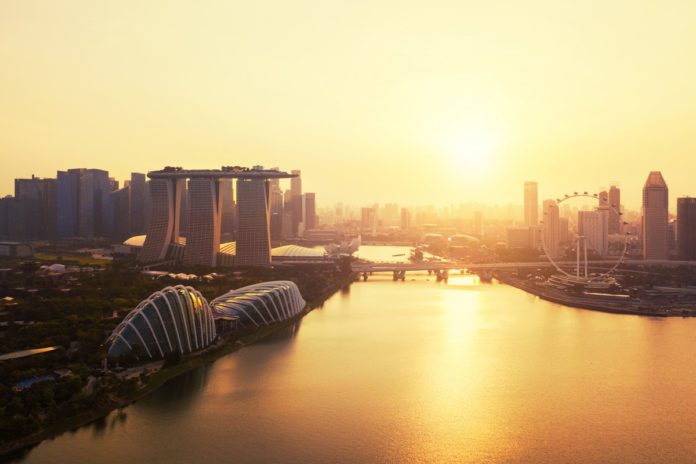SINGAPORE, Seoul and Hong Kong are the three Asian countries to top the list of most sustainable cities, according to a new index released on Thursday.
The 2018 Sustainable Cities Index (SCI), done by Arcadis NV, an Amsterdam-headquartered global design, engineering and management consulting company, found that the three cities have ranked high overall in terms of ‘people’, ‘planet’, and ‘profit’, the three main factors of sustainability.
The report, which assessed 100 of the world’s most prominent cities, also identified ‘evolutionary cities’ and thirteen ‘fast-growing megacities’ of which 10 ‘megacities’ were found to be at the bottom of the people index.
SEE ALSO: How Shenzhen became China’s most sustainable city
The megacities included those situated in rapidly growing economies including China and India, which were subject to high levels of inward-migration, investment in infrastructure and change.
“Cities like Mumbai, Shanghai and Shenzhen exhibit significant inequality in terms of income and access to resources and opportunity,” the report said.
“Citizen experiences include high levels of informal economic activity as well as the powerful influence of enterprise – often directed by the state to deliver development and services.”
The report added that citizens have little control over the way in which the city evolves but “paradoxically the models suggest that many citizens retain a sense of stability through kinship and community links highlighted by the Balanced city archetype.”
“In Asia, we find a clear distinction between the well-established Seoul and Tokyo and a large group of cities in China and emerging markets.”
Of 23 cities in the sample, 14 are in the bottom quartile, facing significant challenges across all pillars, the report noted.
Acadis said the performance gap affecting cities in the bottom quarter of the ranking is “particularly daunting”
“Delivering sustainable growth from such a baseline will require huge progress against the agenda set out by the UN SDGs (United Nations Sustainable Development Goals).
SEE ALSO: Engineering graduates are leading the way in sustainable development across Asia
Bearing that in mind, here are the three best and worst sustainable cities in Asia:
Best
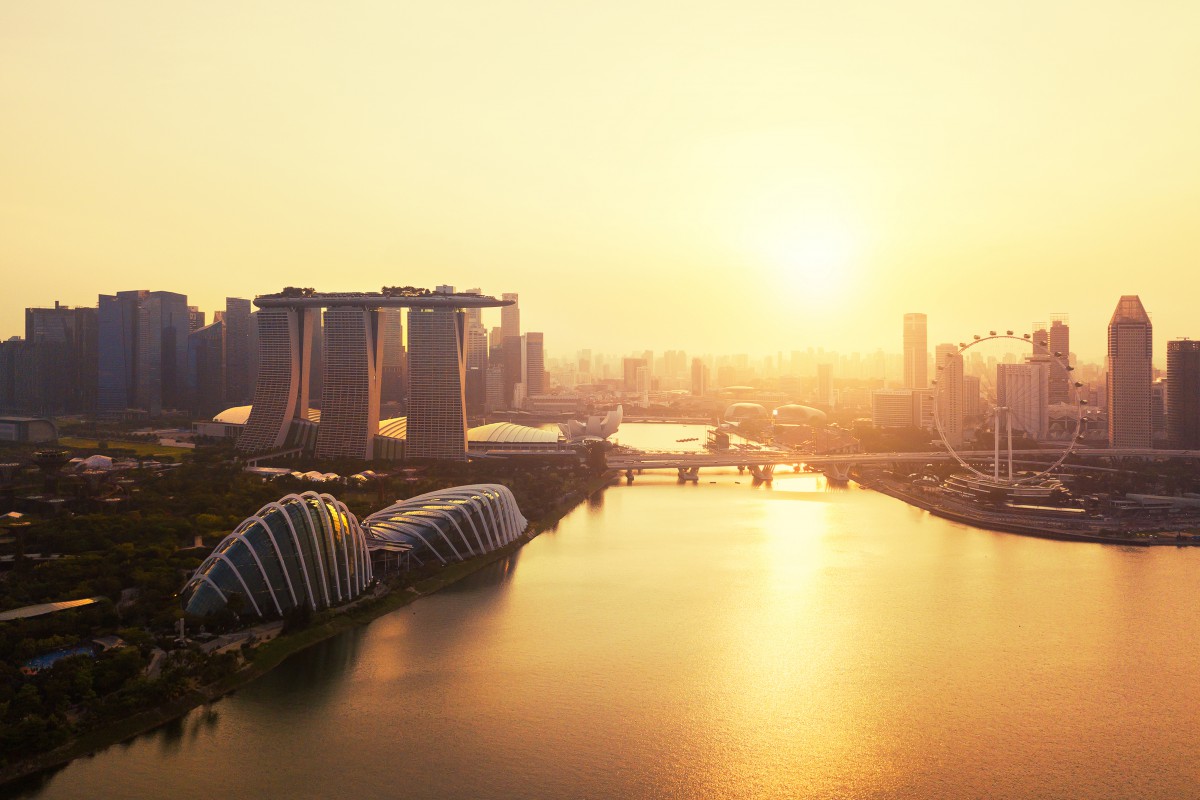
Singapore has rolled out several core projects for its Smart Nation agenda. Source: Shutterstock
Singapore
At fourth place in the overall index, Singapore is just behind European cities London, Stockholm, and Edinburgh. The city state is highly ranked due to its high score in one or two pillars of the index. Like Hong Kong, Singapore are in the top 10 driven by very high ‘profit’ rankings and middle of the road ‘people’ and ‘planet’ rankings.
The index report noted that most of the top 10 cities had high ‘Planet’ scores – these are Northern European cities like Stockholm and, Frankfurt which have been highly successful in combining economic prosperity and environmental stewardship.
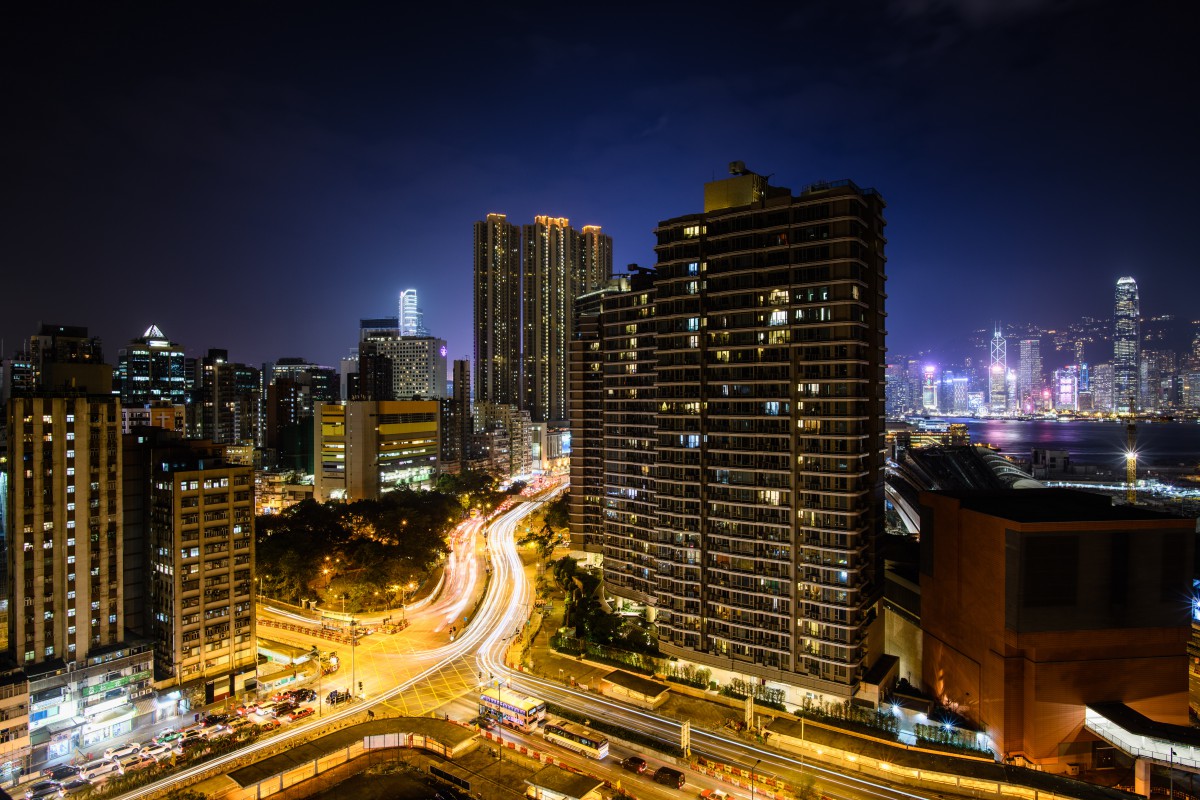
A long exposure general view shows commuters driving on a main road near the construction site (R) of the West Kowloon terminus of the high-speed rail link which will connect the city to the southern Chinese city of Guangzhou as Hong Kong’s skyline looms in the background on December 27, 2017. Source: Antony Wallace / AFP
Hong Kong
Hong Kong was among the three cities to come out comfortably on top in ‘profit pillar’, the index report found that the city was breaking away from other top-performing cities on transportation, ease of doing business and connectivity.
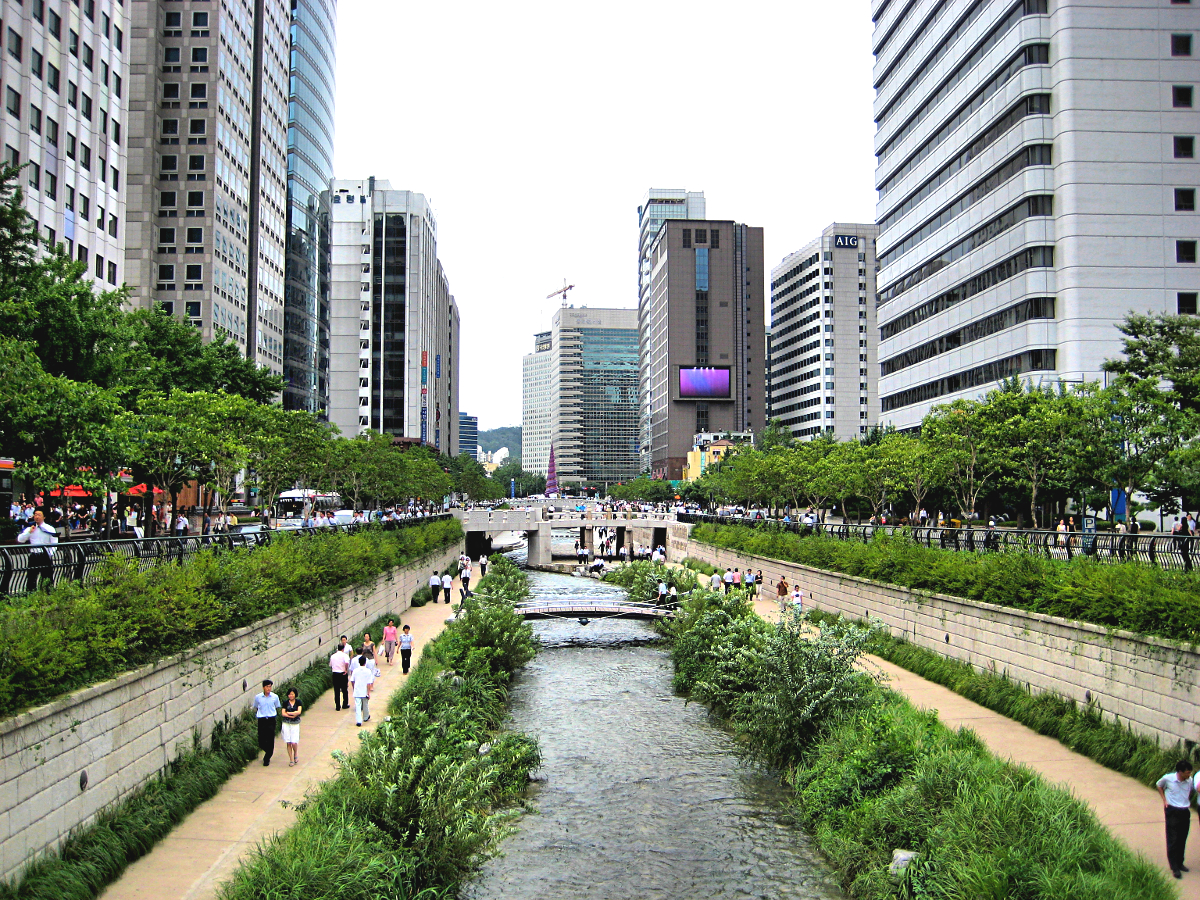
Seoul’s Cheonggyecheon stream, which underwent a massive urban restoration project. Pic: Wikimedia Commons.
Seoul
Seoul and three European cities including Zurich all score well on ease of doing business and output, but the performance of the transport system is much more mixed, the index report said
Worst
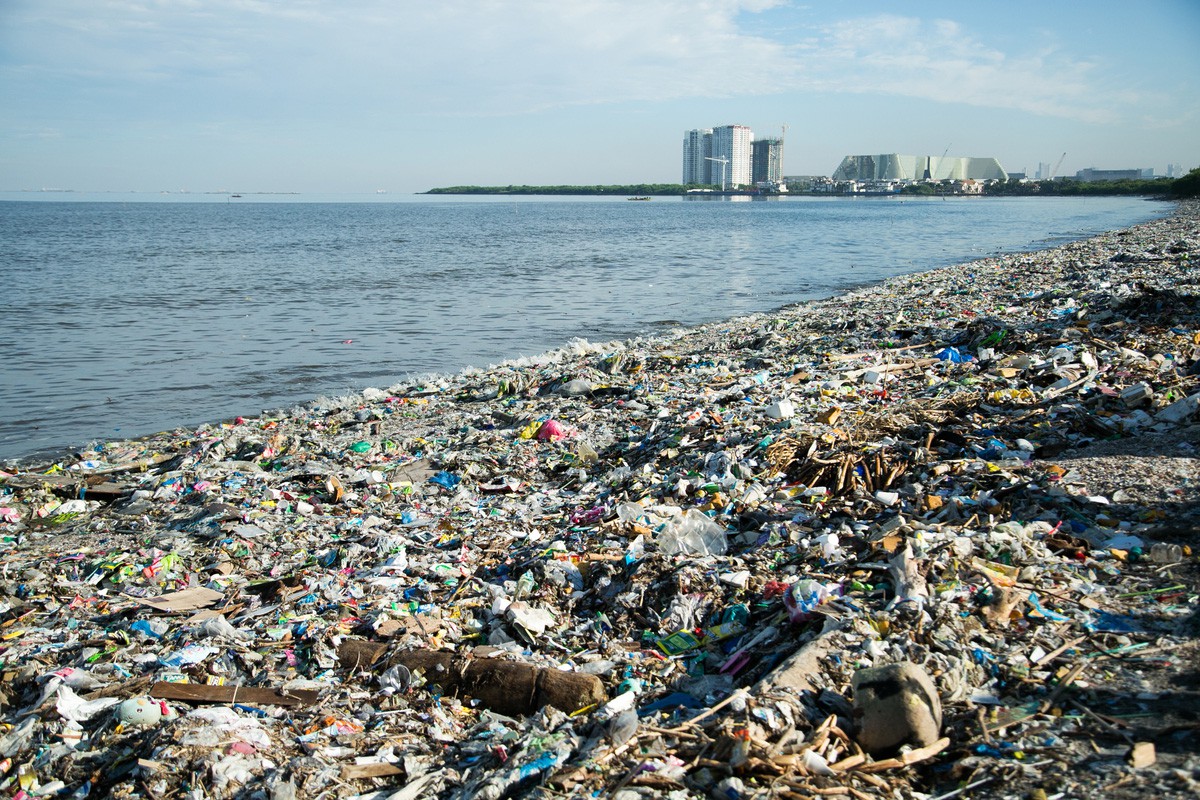
The coast of Freedom Island in Metro Manila teems with trash in this photo taken in 2017. Source: Greenpeace/Mongabay
Manila
At 93rd place, Manila faired poorly for the ‘People’ factor which refers to the cities’ social mobility and quality of opportunity and life.
On the city’s management of energy use, pollution and emissions, the Philippines capital was also lowly-ranked at 91st place.
In terms of ‘profit’, which is assessed for business environment and economic performance, Manila ranked 98.
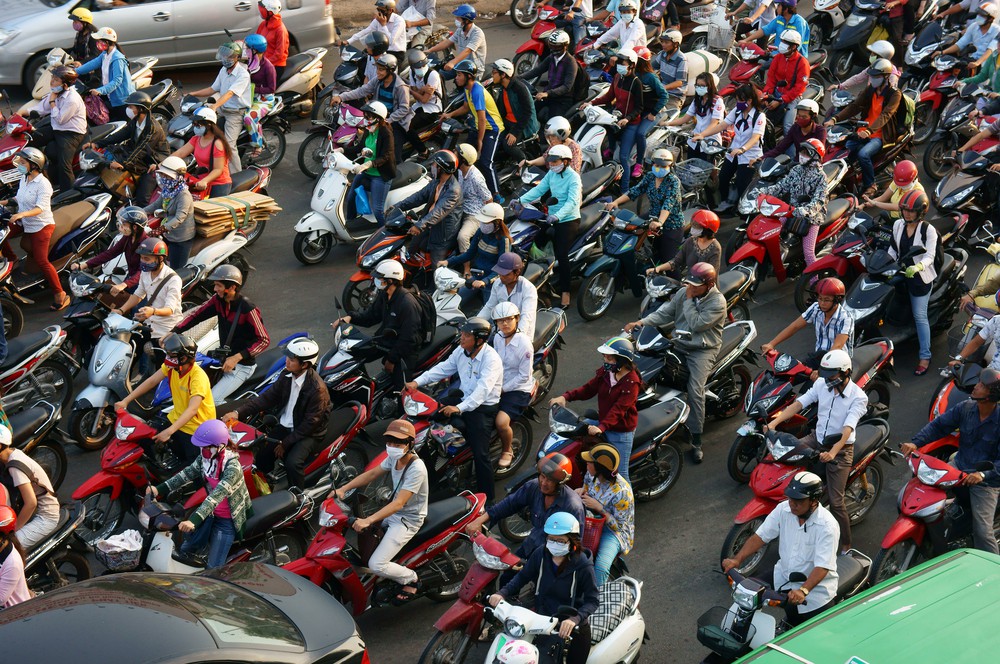
Heavy motorcycle traffic in Hanoi, Vietnam. Source: Xuanhuongho/ Shutterstock
Hanoi
Cities in the lowest quartile come mostly from Asia and Africa, but Hanoi comes at the bottom of the ‘Planet’ rankings, over legacy challenges associated limited green space, high levels of air pollution and poor waste management provision.
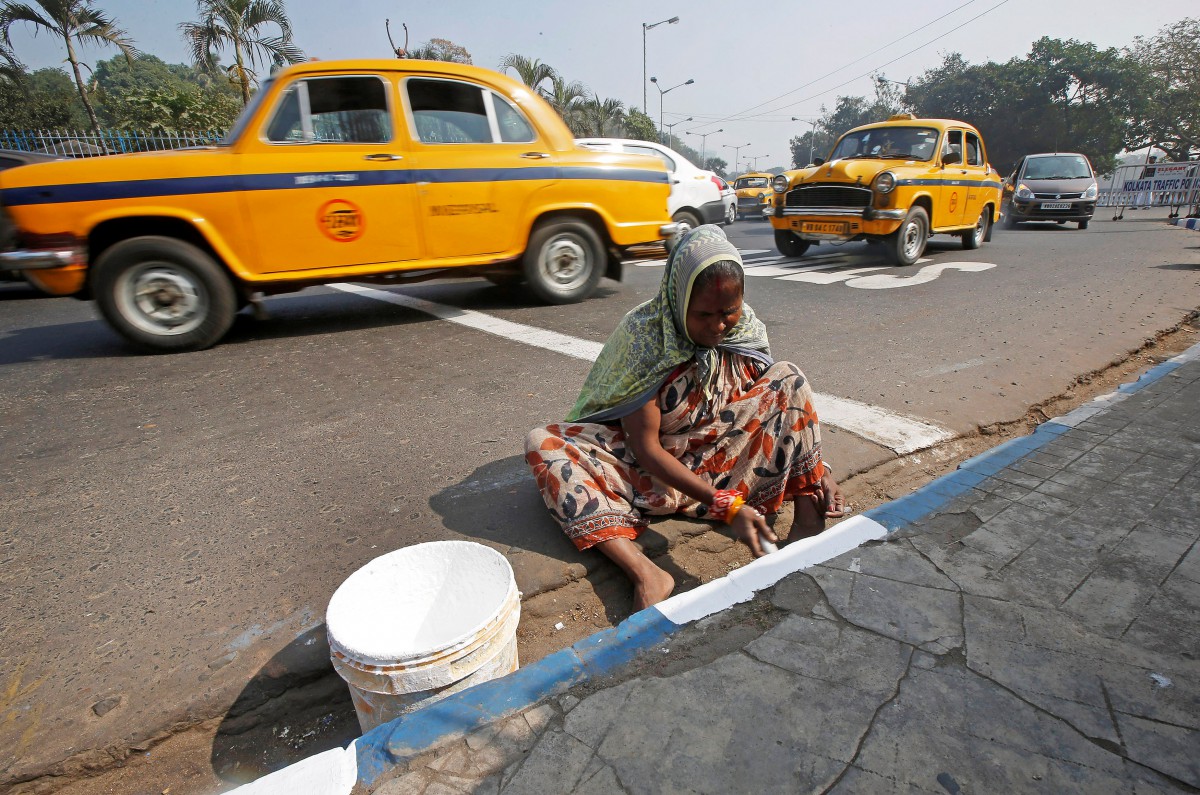
A woman paints a pavement on a busy road in Kolkata, India January 5, 2018. Source: Reuters/Rupak De Chowdhuri
Kolkata
Like Manila, Kolkata is at the bottom 10 on the ‘Planet’ sub-index owing to the Indian city’s lacklustre environmental-friendly practices.
“However, investment in low carbon technologies will inevitably be a lower priority when basic citizen needs like water and waste management still need to be fixed,” the index report noted.
